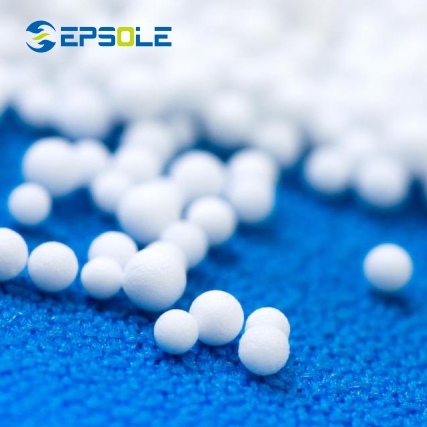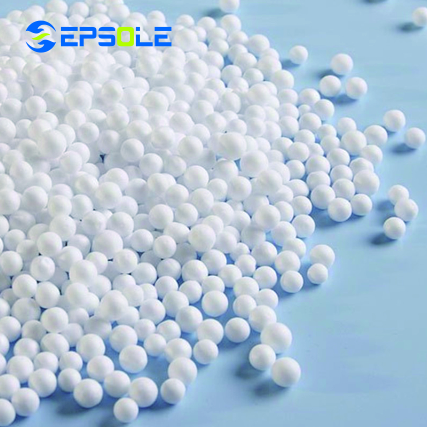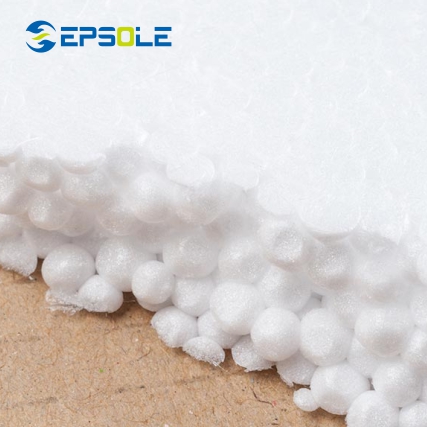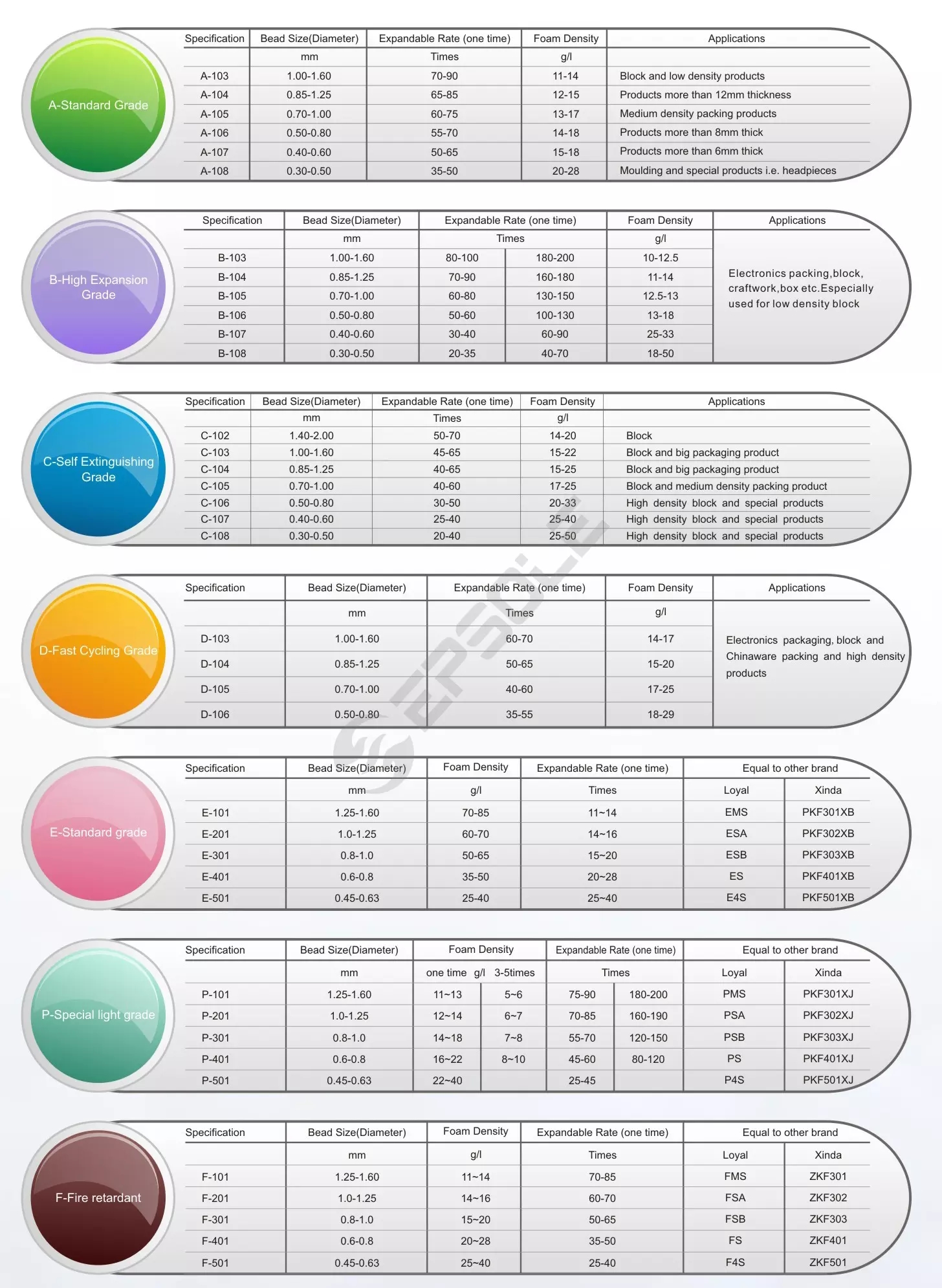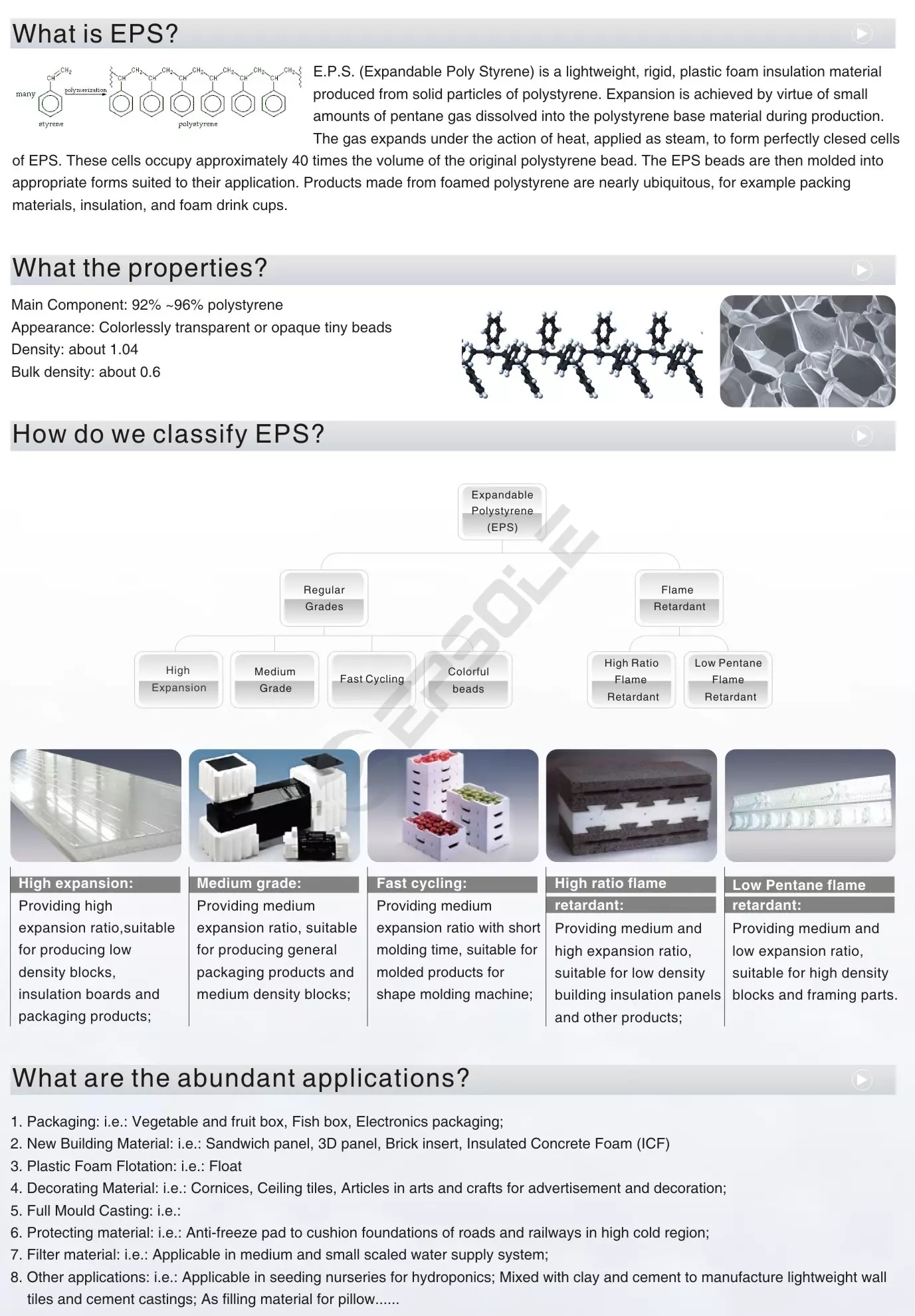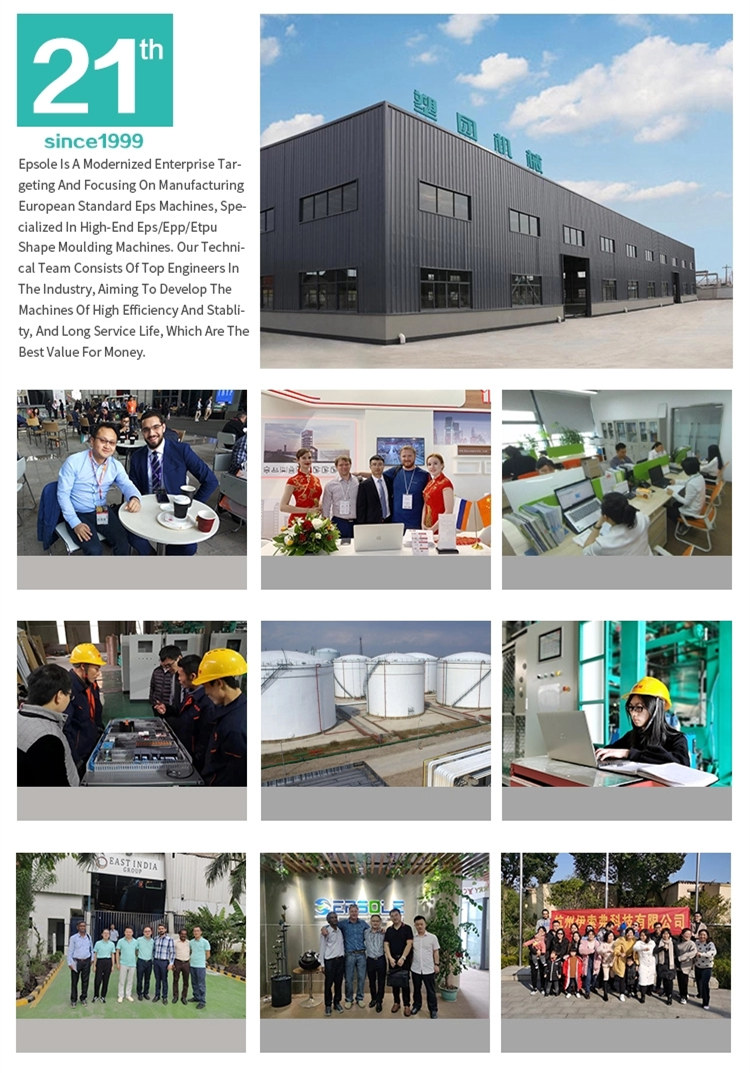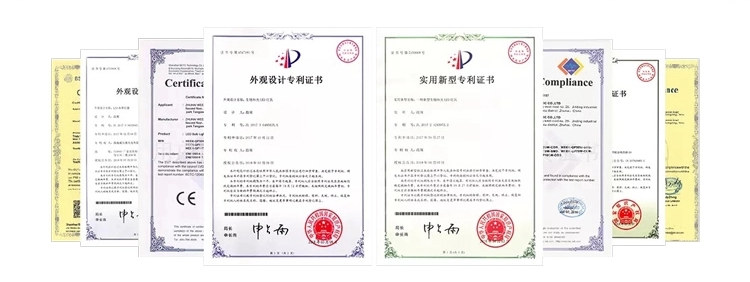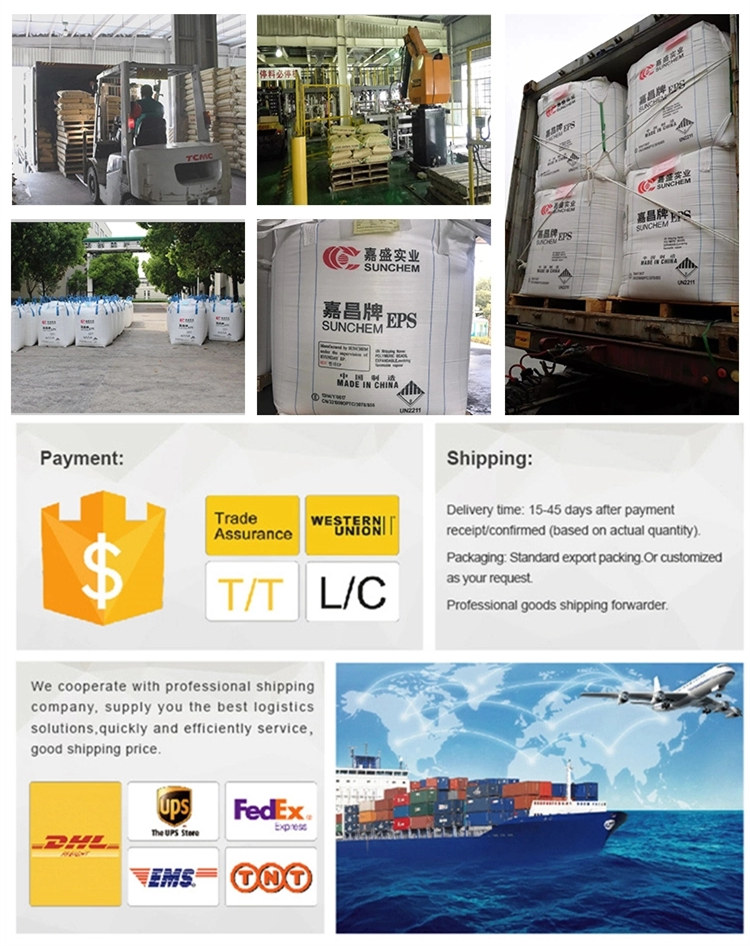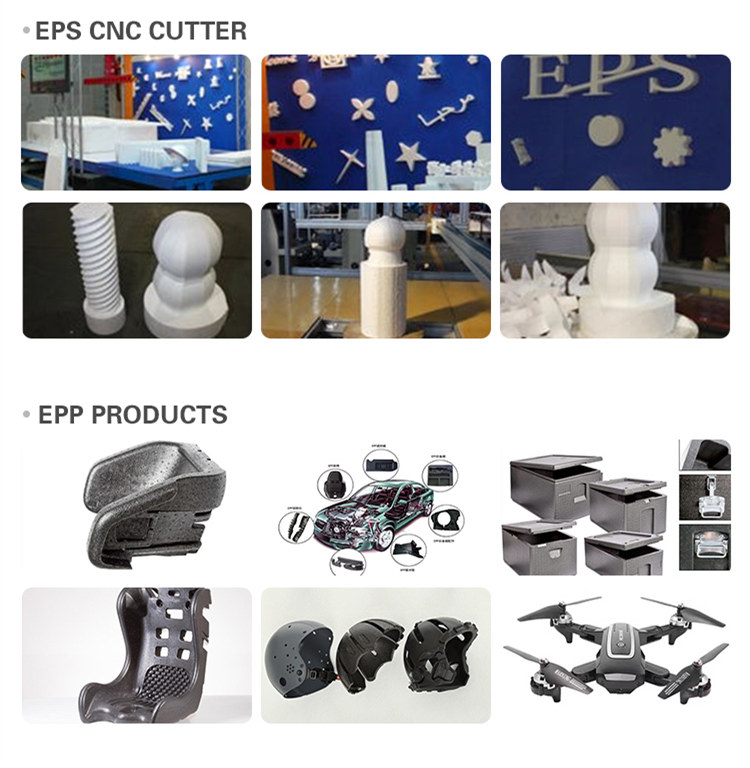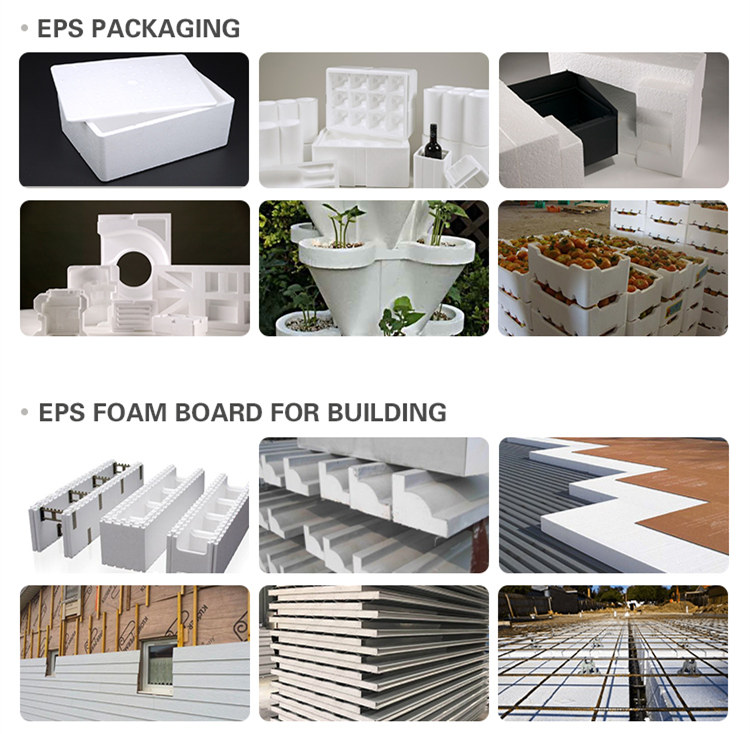Expanded Polystyrene (EPS) is a hard foam plastic that has a closed cell structure. EPS was invented by the German multinational chemical industry BASF in 1950. The first use of the Expanded Polystyrene was in the construction sector as an insulating material, in form of boards, because of its exceptional thermal insulating properties. In 1958, it began to be used for the first time in the packaging sector and since then it offers many protective packaging solutions in many industries in the world. It does not pollute the environment during his production and its use.
The raw material of EPS is called Expandable Polystyrene. Naphtha is produced by crude oil, and from it the benzene, the ethylene and the pentane. From the chemical reaction between benzene and ethylene, styrene is produced, which with the addition of pentane (as an expanding gas) and water, it is polymerized and gives the Expandable Polystyrene. Consequently, Expanded Polystyrene is produced from oil, but from the total oil production in the world only 0,1% is used for its production. It is important to mention that every kilo of oil that is used for the production of EPS insulating boards, leads to an energy saving of 150 kilos of oil that would be used for the heating of residences and office buildings over a period of fifty years.
The styrene and the pentane that is used for the production of EPS are not considered as dangerous substances from the European Union. Recent studies on the exposure of workers in styrene for a period of 45 years, showed that it is not carcinogenic and does not constitute a danger for their health. The pentane that is used as an expanding agent, does not contain chlorine and does not harm the ozone layer.


 Tel:
Tel:

 English
English 



